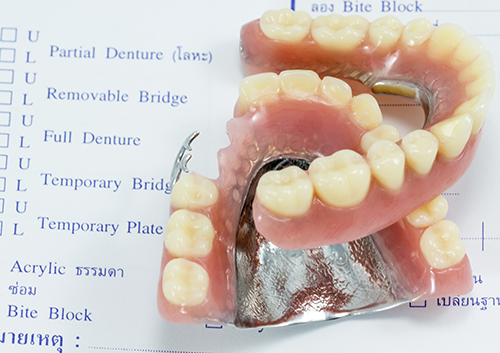Zirconia Dental Implants
August 18th, 2017

Since dental implants first started being implemented in the 1980s, they have been primarily made of titanium. Recent advances in implant technology have allowed dental implant manufacturers to shift from all-metal implants, to part-metal and part-ceramic implants, to the newer all-ceramic or zirconia implants.
Zirconia implants are made of high-impact resistant ceramic called tetragonal zirconia polycrystal (ZrO2+Y2O3). They remedy many of the issues and complaints doctors and patients have with traditional metal implants and have several advantages—let’s take a look at some of them.
Advantages of Zirconia Implants
- Do not cause allergic reactions – Although titanium is considered non-toxic, some people still have allergic reactions to titanium. Zirconia implants are inert, non-corrosive, and hypoallergenic.
- Have been used for decades in medical applications – Millions of patients have had zirconia used safely and effectively as the base material for their hip replacements. The zirconia used for medical applications also undergoes strict radiation monitoring to ensure its safety for use within the body.
- They are incredibly strong – Unlike titanium implants, zirconia offers a much higher degree of resistance to scratching, corrosion, and fracture. The aerospace industry even uses zirconia (ZrO2) due to its high resistance to heat and fracture. This all means a safer and more aesthetically pleasing result for the patient.
- One-piece design is more hygienic – Zirconia implants are a one-piece design, meaning there is nowhere for bacteria to build up or liquids to penetrate like with titanium implants. They are highly biocompatible (how a material reacts with the human body) which leads to healthier gums and no risk of corrosion.
- Implant margin is at gum not bone level – With titanium implants the margin (or gap between the implant and the tooth) is at bone level, which can lead to bacterial buildup since you can’t brush there. The zirconia implant margin, which is at gum level, allows you to brush and clean your implant and restoration regularly.
If you are in need of a restorative dental implant, it would be wise to consider zirconia due to its many advantages. It might not work in every situation, but feel free to discuss your options with Drs. Sheena Allen, Murat Ayik, Mark Margolin, and Schaefer or one of our Dallas,TX staff members.


